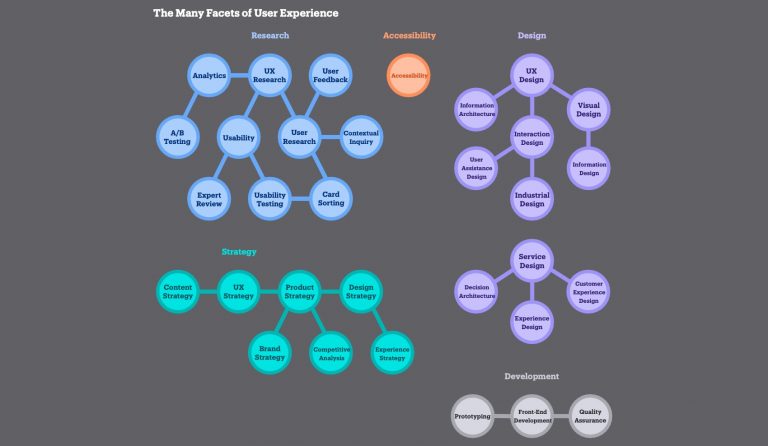Design alone can’t save UK companies

Making products attractive and user-friendly is a smart idea, but it is no substitute for R&D and investment, argues James Woudhuysen, a professor of forecasting and innovation at De Montfort University, on Spiked, a British Internet magazine focusing on politics, culture and society from a humanist and libertarian viewpoint.
“Exaggerating design’s scope for impact is now a global pastime. For example, the New York City design firm Reboot seriously proposes that human rights can be designed, because ‘at our local health clinic, at our unemployment office or at our child’s school… [there] are the moments when human rights are realised in practical ways’. This underlines how the boosting of design’s economic contribution is part of a wider doctrine of what Virginia Tech professor Paul Knox rightly terms ‘hubristic design determinism’. Whereas Karl Marx argued that social being determines consciousness, design boosters contend that design plays a determining role in both economic growth and everyday behaviour. Arguably, they take a leaf from architecture here; but whatever the case, even leading economic commentators are now so bereft of a genuine strategy for growth that they find themselves pronouncing that ‘Design adds value to the product – in fact design adds most of the value to the product’.
This conception of design is completely over the top. If they want to be ambitious, and they should, designers should recognise that real economic growth will come from the development of whole new industrial and service sectors, capable of creating hundreds of thousands of properly paid jobs. Design cannot create those industries – they will come out of the much more elemental processes of R&D, the kind of R&D that led to the nuclear, plastics and pharmaceuticals sectors. And whether this R&D happens is, again, not a technical issue, but to do with the priorities and vision of society. Right now, the West prefers to talk up the merits of relatively cheap design than to do the dearer, riskier business of R&D.”




Molte grazie… a refreshing change from your conspiracy-theory comments on the BIG POTATOES manifesto for design!